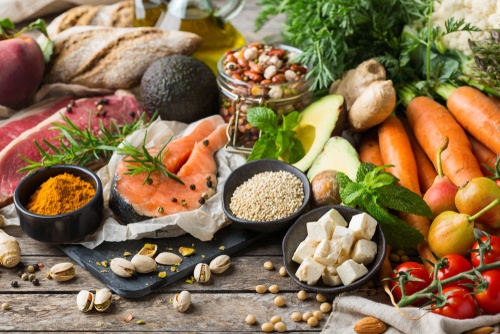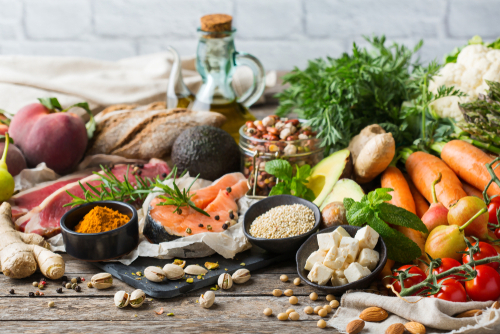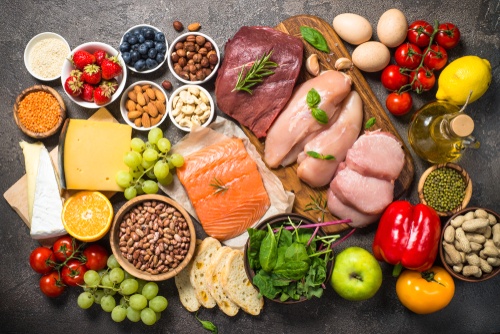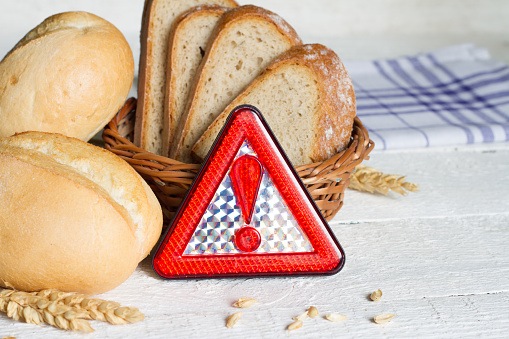
Social media users tend to mimic the eating habits of their friends, according to the findings of a new study published in the journal Appetite.
The researchers of this study sought to determine whether four perceived norms (perceived descriptive, injunctive, liking and frequency norms) about Facebook users’ eating habits and preferences predicted participants’ own food consumption and body mass index (BMI).
They conducted a cross-sectional survey comprised of 369 male and female university students (mean age, 22, mean BMI, 23.7). Each subject was asked to report their personal perceptions of Facebook users’ consumption of, and preferences for, fruit, vegetables, energy-dense snacks and sugar sweetened beverages (SSBs), as well as their own consumption of and preferences for these foods.
Influenced by Online Perceptions
Subsequent to analysis, the results showed that Facebook users’ consumed an extra fifth of a portion of fruit and vegetables for every portion they perceived their social media peers were eating. Meaning, if they perceived that their friends ate their ‘five a day’ of fruit and vegetables, they were more likely to emulate that behavior. However, the researchers also observed that Facebook users consumed an extra portion of unhealthy snack foods and SSBs for every three portions they believed their online social circles did. The results indicate we eat around a third more junk food if we think our friends are doing the same.
“This study suggests we may be influenced by our social peers more than we realize when choosing certain foods. We seem to be subconsciously accounting for how others behave when making our own food choices,” said Lily Hawkins, PhD student at Aston University in a press release.
“So, if we believe our friends are eating plenty of fruit and vegetables we’re more likely to eat fruit and vegetables ourselves. On the other hand, if we feel they’re happy to consume lots of snacks and sugary drinks, it can give us a ‘license to overeat’ foods that are bad for our health.
“The implication is that we can use social media as a tool to ‘nudge’ each other’s eating behavior within friendship groups, and potentially use this knowledge as a tool for public health interventions.”
Social media users 'copy' friends' eating habits https://t.co/77LBhNhYMU pic.twitter.com/qCSR1EQ7if
— Science Codex (@sciencecodex) February 7, 2020
Aisling Pigott, a registered dietitian and spokesperson for the British Dietetic Association (BDA), added in the press release that:
“Research such as this demonstrates how we are influenced by online perceptions about how others eat. The promotion of positive health messages across social media, which are focused on promoting healthy choices and non-restrictive relationships with food and body, could nudge people into making positive decisions around the food they eat.
“We do have to be mindful of the importance of ‘nudging’ positive behaviors and not ‘shaming’ food choices on social media as a health intervention. We know that generating guilt around food is not particularly helpful when it comes to lifestyle change and maintenance.”
Social media users “copy” friends’ eating habits https://t.co/eq8nqwodTb
— Terry Mansfield (@Go2WebMarketing) February 18, 2020
Social media users 'copy' friends' eating habits https://t.co/VGj84xMHvH
— Jo Hemmings 🇺🇦 (@TVpsychologist) February 8, 2020






 © 2025 Mashup Media, LLC, a Formedics Property. All Rights Reserved.
© 2025 Mashup Media, LLC, a Formedics Property. All Rights Reserved.